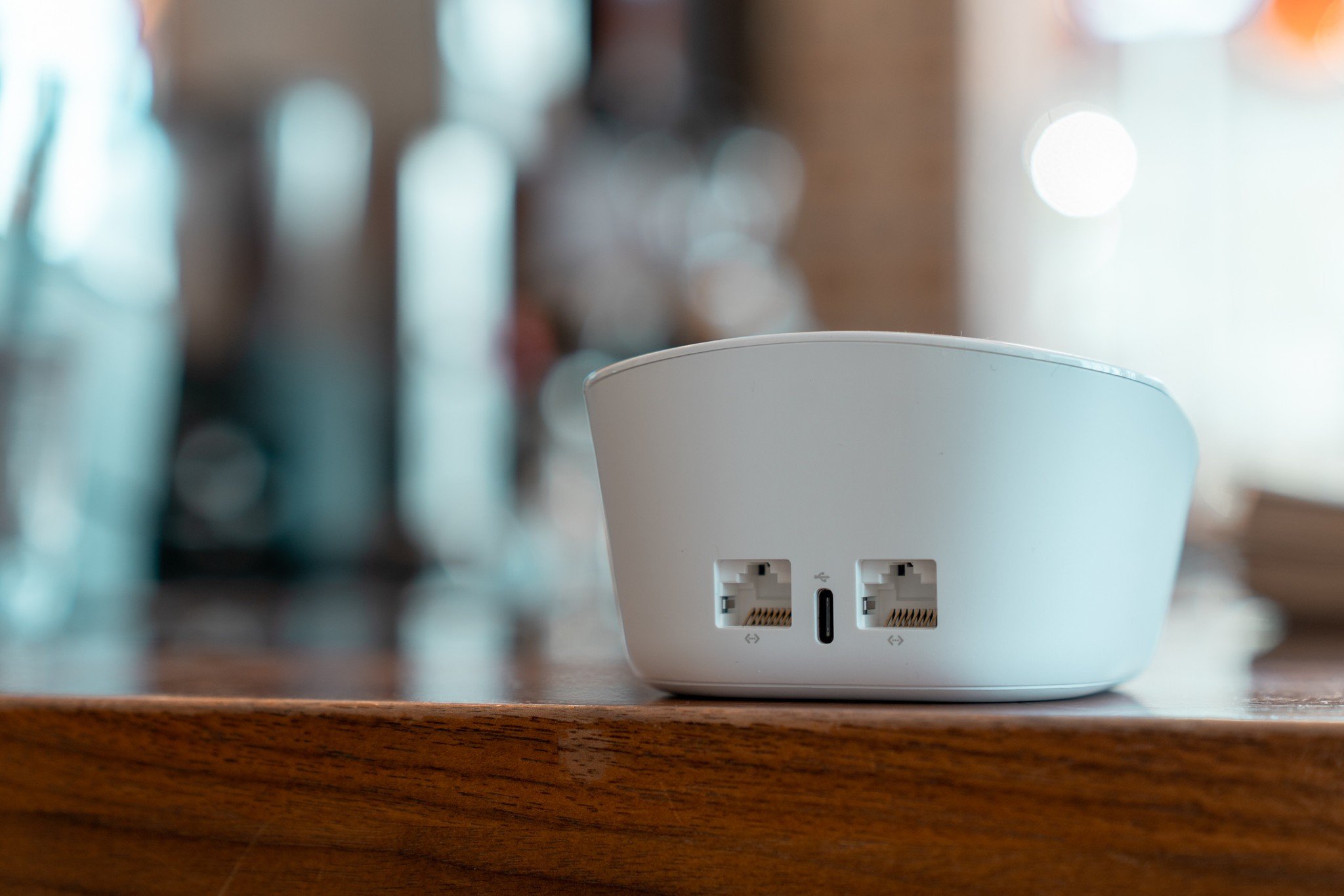Even if you don't need the range, you should consider a mesh router.
More people are working from home these days because of the coronavirus, and that means high-speed, reliable Wi-Fi is essential in homes big and small. Of course, much of your Internet speed boils down to your service provider and the connection you pay for. But even with a gigabit fiber connection, you won't reach near your top speeds without proper networking hardware.
Your router is responsible for carrying the signal from your modem over a Wi-Fi network, and in turn, it's what determines the range and speed of your network. While many ISPs provide you with a router when setting up your connection (typically either given out for free or rented in the form of small monthly payments), you'll often get far better results when bringing your own router.
Mesh routers can be an instant cure for Wi-Fi dead zones in large homes.
There are plenty of great routers from brands like Netgear, Linksys, and ASUS that are built for speedy connections above all else, allowing you to make the most of the fast connection you pay for, but that signal can only travel so far, and in larger homes (particularly multi-level homes), that can often lead to Wi-Fi dead zones in far-reaching areas.
That's where mesh routers come in. These days, mesh routers have become increasingly popular; they're typically sold in multi-device bundles, and while you still hardwire one router to your modem through Ethernet, the other router "nodes" can be placed throughout your house to wirelessly amplify the signal from the main unit, ensuring a much more consistent, reliable connection.
Something important to keep in mind is that a repeated signal won't be quite as fast as the original, but it's certainly better than no signal at all, and modern mesh routers do a good job at minimizing signal degradation.
One of the best parts about mesh routers is that they aren't just for networking pros. Routers like the Eero mesh system come with excellent apps and incredibly easy setup processes; no more typing your IP address into your browser and digging through decades-old menu systems just to rename your Wi-Fi network. Another nice benefit of the Eero system, in particular, is that there's no difference between nodes; you can connect any third-gen Eero to your modem or use the same hardware as an extender.
Mesh systems like Eero are incredibly easy to set up and install.
Even if you have a smaller home and don't need the range extension of a mesh router, you can still benefit from some of the other features built into various routers. The companion apps for systems like Eero often make it easy to monitor connected devices, networking speeds, and even set limits on specific users and types of content. The latest generation Nest Wifi mesh system has its own unique benefit in the form of a built-in speaker and microphone for using Google Assistant.
Whatever your particular network speed or use case may be, we're at a point where there's not much reason to buy a typical router over one with mesh capabilities — at least, assuming the maximum potential speeds are the same. There are plenty of great options to choose from; why not look over our top picks?
Best mesh router
Eero (3-pack)
$249 at Amazon $200 at Best Buy
Small and powerful
Eero creates a great Wi-Fi experience with a simple and stylish appearance and flexible expansion.



Tidak ada komentar:
Posting Komentar